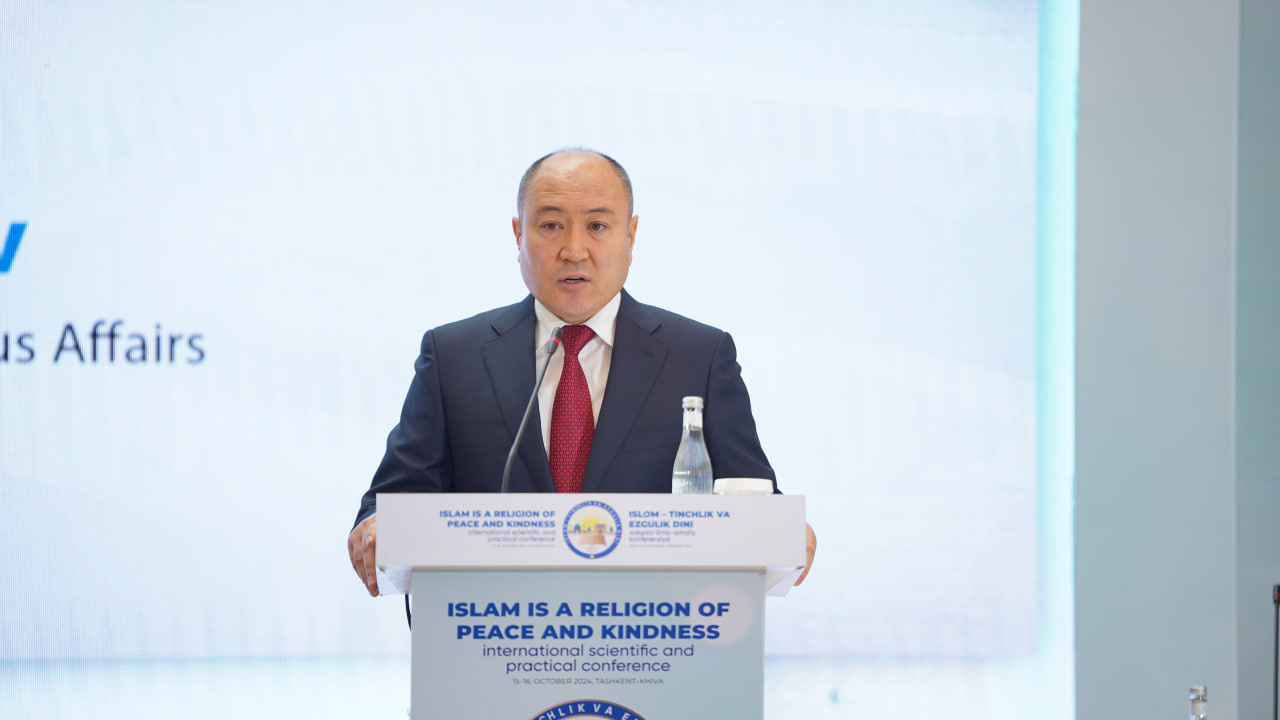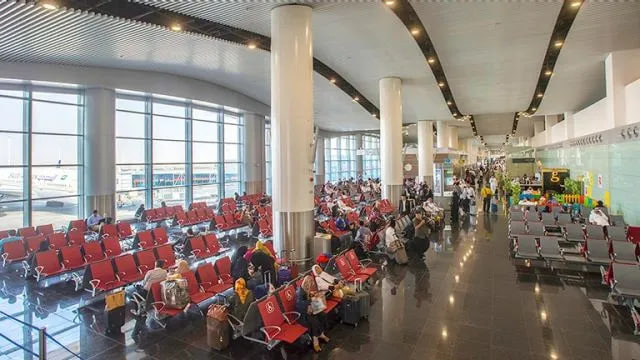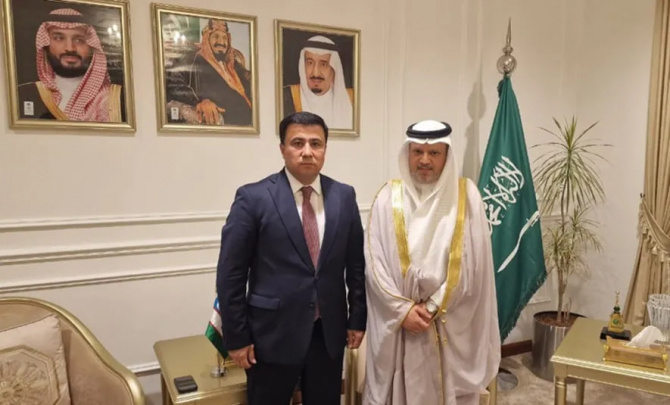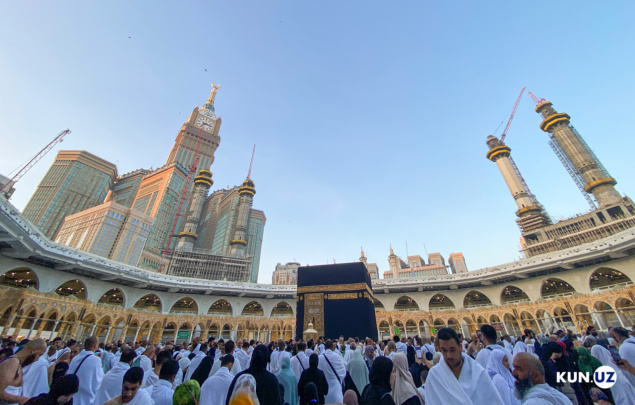Religious Affairs Committee chairman comments on why Uzbekistan not using full Hajj quota
Uzbekistan has yet to fully utilize the 24,000 Hajj quota allocated by Saudi Arabia, according to Sodiqjon Toshboyev, Chairman of the Religious Affairs Committee. Despite the agreement reached to increase the annual Hajj quota, Uzbekistan continues to send only 15,000 pilgrims, due to organizational constraints.

In an interview on the sidelines of an international conference in Tashkent on October 15, Toshboyev addressed questions about why the full quota has not been used. He explained that Uzbekistan needs to ensure full organizational readiness before expanding the number of pilgrims.
“This will happen gradually. Initially, our Hajj quota was just 3,000. It increased to 5,200, then to 7,200, and now, for three consecutive years, we have maintained a quota of 15,000. We are slowly raising it,” said Toshboyev.
He emphasized that the country must be fully prepared in terms of logistics, including accommodations, transport, and other necessary arrangements, before increasing the number of pilgrims. Toshboyev also noted that difficulties in securing slots for flights and other challenges have influenced the current limit.
“We must address the logistical complexities first. If we fail to provide quality services, it could damage Uzbekistan’s reputation globally. That’s why we’re increasing the quota gradually,” Toshboyev stated.
When asked about the possibility of transferring Hajj organization responsibilities to tour companies, Toshboyev noted that this might be considered in the future. However, he pointed out that, for now, the Saudi government prefers to work exclusively with state entities on Hajj matters.
“The Saudi authorities are currently focused on working directly with governments regarding the Hajj. While this may change in the future, for now, only the Religious Affairs Committee in collaboration with the Muslim Board of Uzbekistan is authorized to handle Hajj services,” he said.
In September 2022, Uzbekistan's President Shavkat Mirziyoyev met with Saudi Arabia’s Minister of Hajj and Umrah, Tawfiq bin Fawzan Al-Rabiah, to agree on increasing Uzbekistan’s Hajj quota to 24,000 pilgrims annually. However, the full quota has not been utilized over the past two years, and the remaining 9,000 slots were not distributed to tour companies.
Recommended
List of streets and intersections being repaired in Tashkent published
SOCIETY | 19:12 / 16.05.2024
Uzbekistan's flag flies high on Oceania's tallest volcano
SOCIETY | 17:54 / 15.05.2024
New tariffs to be introduced in Tashkent public transport
SOCIETY | 14:55 / 05.05.2023
Onix and Tracker cars withdrawn from sale
BUSINESS | 10:20 / 05.05.2023
Latest news
-
Uzbekistan’s population reaches 37.7 million: Men slightly outnumber women
POLITICS | 14:06 / 05.04.2025
-
EU commits to long-term cooperation with Central Asia on transport, energy, and innovation
POLITICS | 14:03 / 05.04.2025
-
Investigation closed: Authorities deny torture after man taken for interrogation dies in custody
SOCIETY | 13:10 / 05.04.2025
-
Greenery disappears as road expands: Tree uprooting in Boysun sparks public outcry
SOCIETY | 13:08 / 05.04.2025
Related News

13:59 / 24.03.2025
Saudi Arabia frees 19 Uzbeks after embassy talks

16:51 / 21.03.2025
Uzbekistan appoints new Consul General in Jeddah

21:10 / 12.02.2025
"Certificate of meningitis vaccination for Umrah and Hajj pilgrims not canceled" – Sanitary and Epidemiological Committee

20:01 / 06.02.2025



